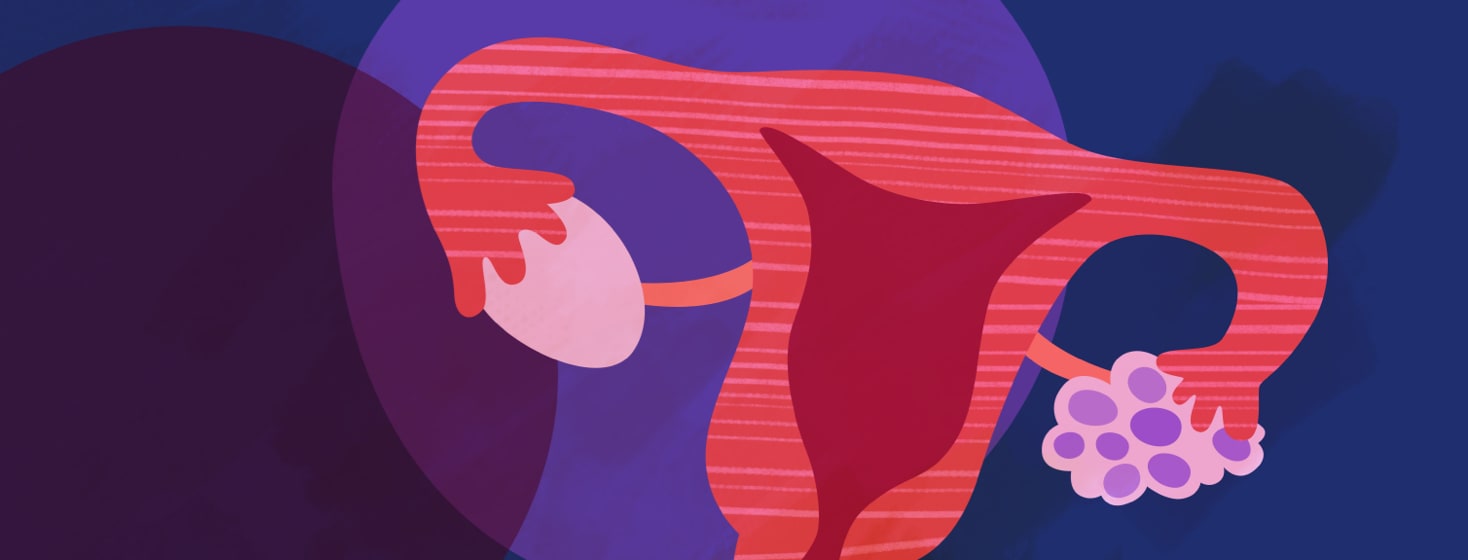Obesity, the Menstrual Cycle, and PCOS
Obesity can have an impact on many different areas and systems in the body. For example, obesity can impact the menstrual cycle. And people who are obese are more likely to develop polycystic ovary syndrome (PCOS). PCOS is a condition that can impact your ovaries and menstrual cycle.1,2
How does obesity impact the menstrual cycle and hormone levels?
Obesity can impact the menstrual cycle in a variety of ways. It is not always clear why it has these impacts. Obesity is linked to menstrual complications including:1,3
- Heavier periods
- Getting a first period at an earlier age
- Irregular menstrual cycles
- Unusually long periods
Obesity is also linked to PCOS. And PCOS can have a significant impact on the menstrual cycle.1
What is PCOS?
PCOS is a condition where the ovaries produce too many androgens. Androgens are a male sex hormone. Women usually only have small amounts. The name PCOS comes from cysts that may form on the ovaries. However, not everyone develops cysts.2
With PCOS, you may not have enough hormones to release eggs from the ovaries (ovulate). If you do not ovulate, it can cause cysts to form. We do not know what causes PCOS. Many people with PCOS also have insulin resistance. This means their bodies do not use insulin well.2
Symptoms of PCOS may include:1,2
- Missed, irregular, or light periods
- Weight gain, especially near the belly
- Acne or oily skin
- Thinning hair on head and extra hair on other parts of the body
- Infertility
- Skin tags or patches of dark skin on the neck or armpits
- Increased risk of type 2 diabetes, high blood pressure, heart disease, and some types of cancer
What is the relationship between obesity and PCOS?
People who are obese are more likely to have PCOS. One study found that being overweight increased the risk of PCOS by 3 to 15 times, depending on how overweight the participants were. Additionally, between 40 and 80 percent of women with PCOS are overweight. PCOS may also increase your chance of becoming obese.4,5
We do not fully understand the link between obesity and PCOS. But it may be related to insulin levels. When insulin builds up, it can cause increased androgen levels. Obesity is also linked to increased insulin levels.2
There are also genetic links between PCOS and obesity. Genetics increase your chances of PCOS and obesity. This may be another connection.2,5
This or That
Do you live with PCOS or other health conditions?
How can PCOS be treated or managed?
Moderate exercise and a healthy diet may help reduce symptoms from PCOS.2
Your doctor may also recommend drugs to help cause ovulation. These drugs help the ovaries release eggs normally. But they can also increase your risk of having more than 1 baby at a time (multiple birth). They can also make the ovaries make too many hormones.2
You can use treatments to manage other symptoms, like acne or hair growth. For example, laser hair removal can help with unwanted body hair.2
Some PCOS treatments are not possible for people trying to become pregnant. These treatments include:2
- Birth control pills help control the menstrual cycle and lower androgen levels.
- Diabetes drugs can be used to improve the body’s use of insulin.
PCOS does not have a cure. But it can be managed. If you are concerned about PCOS, talk with your doctor. They can help you manage any challenging symptoms.2

Join the conversation